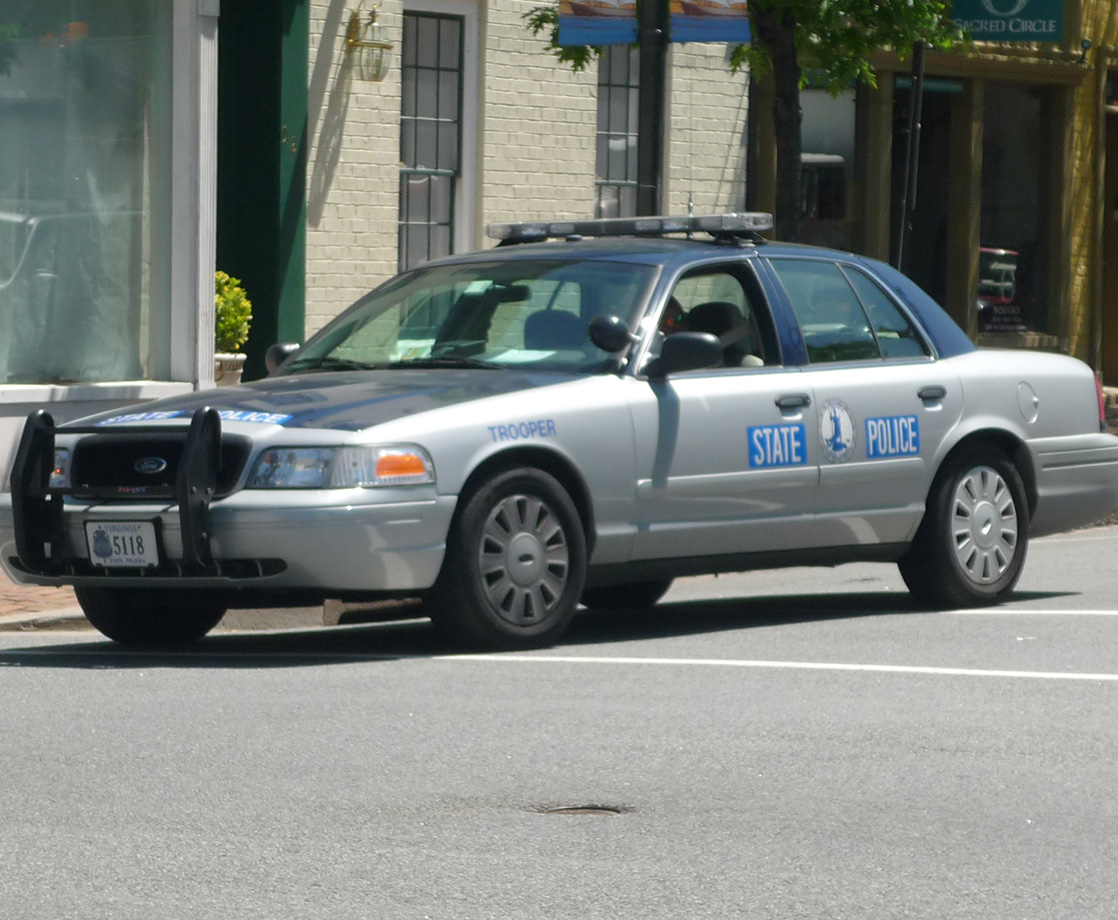Virginia may be the next state in line to decriminalize low-level cannabis offenses, if new legislation proposed by the state's Senate majority leader makes it through the state legislature next year. The Virginian-Pilot reports that State Senator Tommy Norment has announced plans to propose a bill in 2018 that would make first-time cannabis possession a civil offense. The exact language of the bill is still being drafted, but an initial offense would be punished by a fine, mandatory education, and a driver's license suspension, rather than jail time.
Norment made his announcement during a presentation on decriminalization held by the state's Crime Commission this Monday. Colin Drabert, senior staff attorney for the commission, presented the results of a new study on the possible ramifications of decriminalization in Virginia, which the commission had ordered earlier this year. The study notes that "males, young adults, and blacks are overrepresented in the total number of arrests for possession as compared to their overall general population in Virginia."
The study reports that out of the 133,256 cannabis-related arrests made in Virginia over the past decade, 84% were for a first offense. Drabert said that over 45% of those arrested for these first-time cannabis offenses in the past decade were black, even though only 20% of the state's residents are black. For subsequent offenses, which carry more jail time, 53% of those arrested in that same time frame were black.
Drabert and Norment both spoke of the "collateral damage" caused by drug prosecutions on young people. Individuals with drug convictions on their records can be denied jobs or housing, lose custody of their children, or lose federal financial aid or professional licenses. Norment said that the state would keep a list of cannabis first offenders, but it would only be visible to courts and prosecutors, and would not appear in the kinds of background checks conducted by employers or landlords.
The study noted that the commission received 3,850 written comments from the public relating to decriminalization, 3,743 of which were written in support of decriminalization. The study itself does not specifically recommend that the state take any action on decriminalization, but presents three possible options that the Crime Commission could recommend: leaving the law as is, keeping possession a criminal offense but eliminating prison time, or making possession a civil offense. Norment's bill would push for the third option, and the Senator said he believed the bill has a "50-50" chance of passing.











